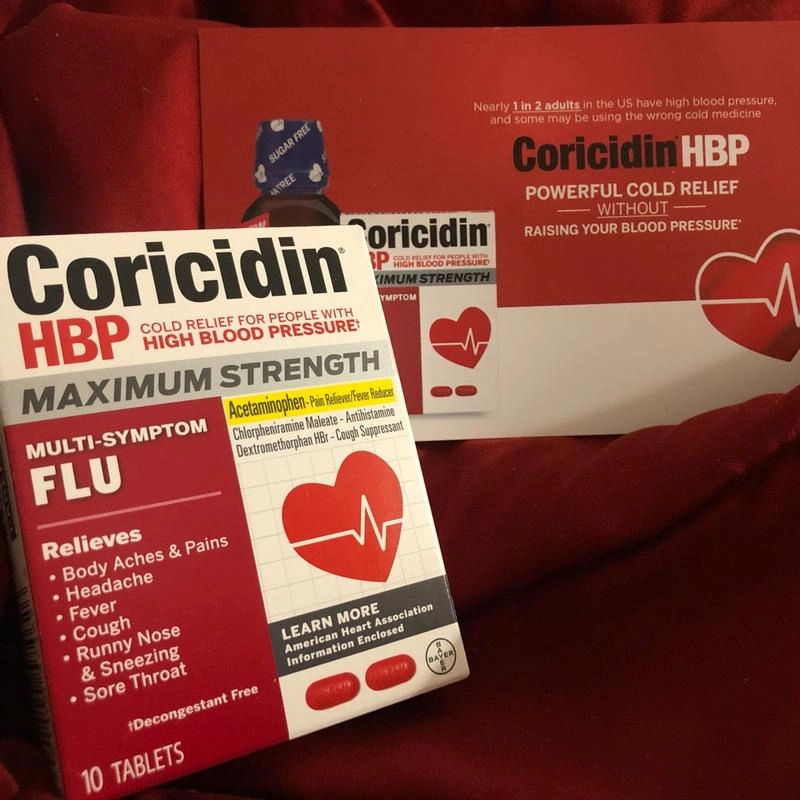A common anxiety drug, Xanax is well-known for promoting feelings of peace and quiet, and in some cases, drowsiness, when used in excess. Because it stabilizes the heart rate, it is also used to treat anxiety and panic disorders. Let’s dive in!

This may cause some people to question whether Xanax can lower blood pressure. We will provide you with all the information you require regarding the effects of Xanax on blood pressure. We also have some important advice for you to think about before taking the drug.
Can Xanax Lower Blood Pressure?
Xanax is a moderate tranquilizer and an anxiolytic. Moreover, it reduces blood pressure! Indeed, stress and anxiety do not cause chronic hypertension. On the other hand, extreme stress may cause your heart to beat more quickly, which would raise your blood pressure suddenly.
Furthermore, your blood pressure rises when you panic because your brain triggers the fight-or-flight reaction. Even mild stress that persists over extended periods of time may raise blood pressure. It follows that Xanax may be regarded as a moderate antihypertensive.
How Does Xanax Lower Blood Pressure
The Alprazolam in Xanax is an agonist of the GABA receptor. To put it another way, it improves brain receptors, which makes you feel more at ease.
After your nervous system slows down, the rest of your body will follow suit. Your heart rate and blood pressure return to normal when the fight-or-flight reaction that happens when you’re stressed or anxious goes away. When used in excessive amounts, Xanax may produce a considerable drop in blood pressure. However, this is just temporary.
Orthostatic hypotension, or a dip in blood pressure when you stand up abruptly, is another side effect of Xanax. Therefore, it is recommended that elderly individuals or those who are at risk of falling not use Xanax unsupervised.
Can Xanax Help Treat Hypertension?
Although Xanax can temporarily drop blood pressure, it won’t address hypertension entirely. Actually, neither the heart nor the blood arteries are impacted by Xanax. As a result, it is not regarded as the preferred course of treatment for people with persistent hypertension.
Furthermore, Xanax is only approved by the FDA to treat anxiety and panic disorders. However, Xanax is not approved as an antihypertensive drug. However, periods of stress can significantly raise the risk of heart disease and hypertension. Therefore, Xanax may be a great choice for stress management for those who already have heart issues.
What You Should Know Before Taking Xanax

Since Xanax is a prohibited substance, a prescription from a doctor is required in order to consume it. Therefore, it’s crucial to learn about this banned substance and what to anticipate from using it.
Side Effects
Xanax has a lot of adverse effects, just like any other medication. Because this drug affects the brain, its side effects may be severe and hard to explain.
It’s critical to realize that negative effects can vary depending on the dosage. Furthermore, this medicine may cause various effects in different persons. Therefore, depending on your age, sex, and other medications, you may experience different effects. The following are some Xanax adverse effects:
- Mood fluctuations
- Weariness
- A headache
- Feeling queasy
- Lack of focus
- Inadequate coordination
- A shift in appetite
Dependency
People continue to take Xanax because it is a highly addictive substance that makes them feel comfortable and at ease. Your brain can get addicted to Xanax in as little as three to six weeks, which is another reason!
Because of this, many people abuse Xanax in order to benefit from its soothing benefits. Some people might even use it to ease the painful symptoms of withdrawal.
These side effects may start as soon as 24 hours after the previous dose and persist for several weeks. Among them are the following:
- Attacks of panic
- Fear
- Issues with sleep
- Sweating Fits
- Appetite loss
- tremors
- Spasms in the muscles
Summary
Xanax doesn’t directly cure high blood pressure, although it can occasionally lower it by calming the body and reducing blood flow. Contrarily, blood pressure drugs particularly target the heart, blood vessels, or kidney function to enhance circulation and thereby lower blood pressure.
Furthermore, doctors only recommend it for people with anxiety and panic problems. Therefore, it could be beneficial if your worry has a major effect on your blood pressure.
However, there is no discernible effect of this banned substance on the management of hypertension. Its many adverse effects and withdrawal symptoms also make it unsuitable for treating this chronic illness.






